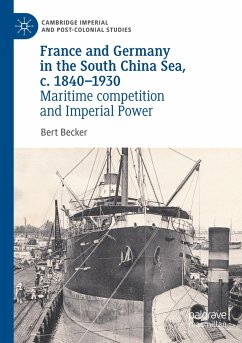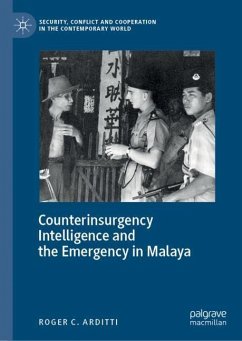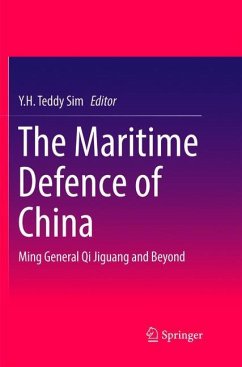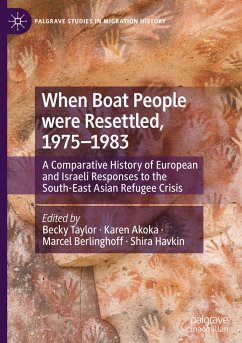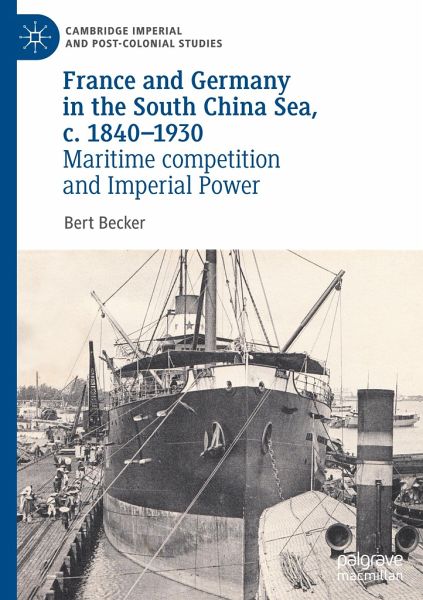
France and Germany in the South China Sea, c. 1840-1930
Maritime competition and Imperial Power
Versandkostenfrei!
Versandfertig in 6-10 Tagen
113,99 €
inkl. MwSt.
Weitere Ausgaben:

PAYBACK Punkte
57 °P sammeln!
This book explores imperial power and the transnational encounters of shipowners and merchants in the South China Sea from 1840 to 1930. With British Hong Kong and French Indochina on its northern and western shores, the 'Asian Mediterranean' was for almost a century a crucible of power and an axis of economic struggle for coastal shipping companies from various nations. Merchant steamers shipped cargoes and passengers between ports of the region. Hong Kong, the global port city, and the colonial ports of Saigon and Haiphong developed into major hubs for the flow of goods and people, while Gua...
This book explores imperial power and the transnational encounters of shipowners and merchants in the South China Sea from 1840 to 1930. With British Hong Kong and French Indochina on its northern and western shores, the 'Asian Mediterranean' was for almost a century a crucible of power and an axis of economic struggle for coastal shipping companies from various nations. Merchant steamers shipped cargoes and passengers between ports of the region. Hong Kong, the global port city, and the colonial ports of Saigon and Haiphong developed into major hubs for the flow of goods and people, while Guangzhouwan survived as an almost forgotten outpost of Indochina. While previous research in this field has largely remained within the confines of colonial history, this book uses the examples of French and German companies operating in the South China Sea to demonstrate the extent to which transnational actors and business networks interacted with imperial power and the process of globalisation.





